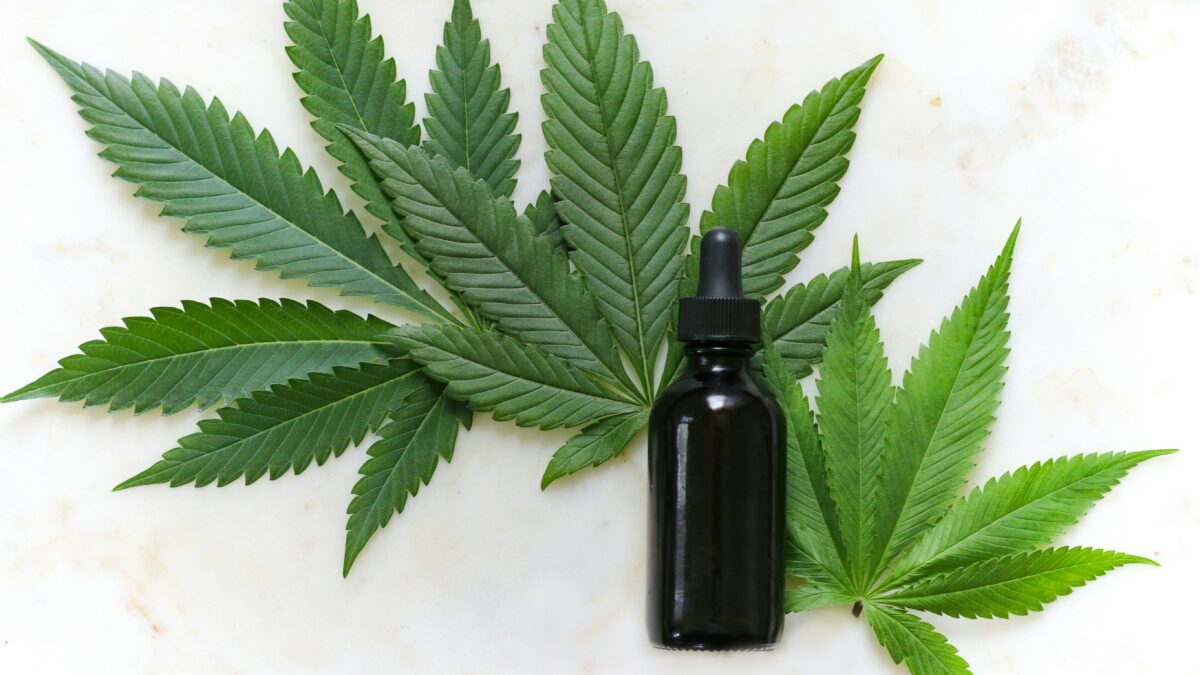Health Benefits of CBD

What You Probably Don’t Know About Cannabis
04/21/2024
First Time Smoking? Read This!
04/29/2024Health Benefits of CBD

CBD—the non-intoxicating component of cannabis that’s been a subject of immense interest due to its potential health benefits. Let’s explore this intriguing component.
CBD, short for cannabidiol, is a compound derived from the cannabis plant. Unlike THC, it doesn’t induce a “high,” making it an appealing option for those seeking potential therapeutic effects without the associated psychoactive effects.
One of the most widely recognized benefits of CBD is its potential in managing certain types of epilepsy. In fact, the FDA has approved a CBD-based medication for treating specific forms of epilepsy, showcasing its effectiveness in reducing seizures.
Moreover, ongoing research suggests that CBD might offer relief from anxiety. Some studies have indicated that CBD could have anxiolytic effects, potentially helping individuals manage symptoms of generalized anxiety disorder, social anxiety, and PTSD. However, more extensive research is necessary to confirm and better understand these effects. Another area where CBD shows promise is in pain management. It’s believed that CBD interacts with receptors in the body’s endocannabinoid system, influencing pain perception and inflammation. This has led to interest in using CBD as a complementary approach for alleviating chronic pain associated with conditions like arthritis or multiple sclerosis.
Furthermore, CBD’s potential anti-inflammatory properties have sparked interest in its role in skincare. Some anecdotal evidence and preliminary studies suggest that CBD might help in managing skin conditions like acne and eczema due to its anti-inflammatory and sebum-regulating effects.
It’s essential to approach CBD’s health benefits with a critical eye. While promising, much of the research surrounding CBD is still in its early stages. Additionally, CBD isn’t a one-size-fits-all solution, and its effects can vary significantly among individuals.
Regulation and quality control also play a crucial role in determining CBD’s effectiveness. Ensuring the purity and potency of CBD products is vital, as variations in formulations can impact its therapeutic potential. As research into CBD continues to evolve, it’s essential to approach its potential health benefits with cautious optimism. Consulting healthcare professionals and staying informed about the latest scientific findings can help individuals make informed decisions regarding CBD use for their specific health concerns.
In summary, while CBD holds promise in various areas, including epilepsy management, anxiety relief, pain management, and skincare, further research and comprehensive understanding are necessary to unlock its full potential and ensure safe and effective use.


